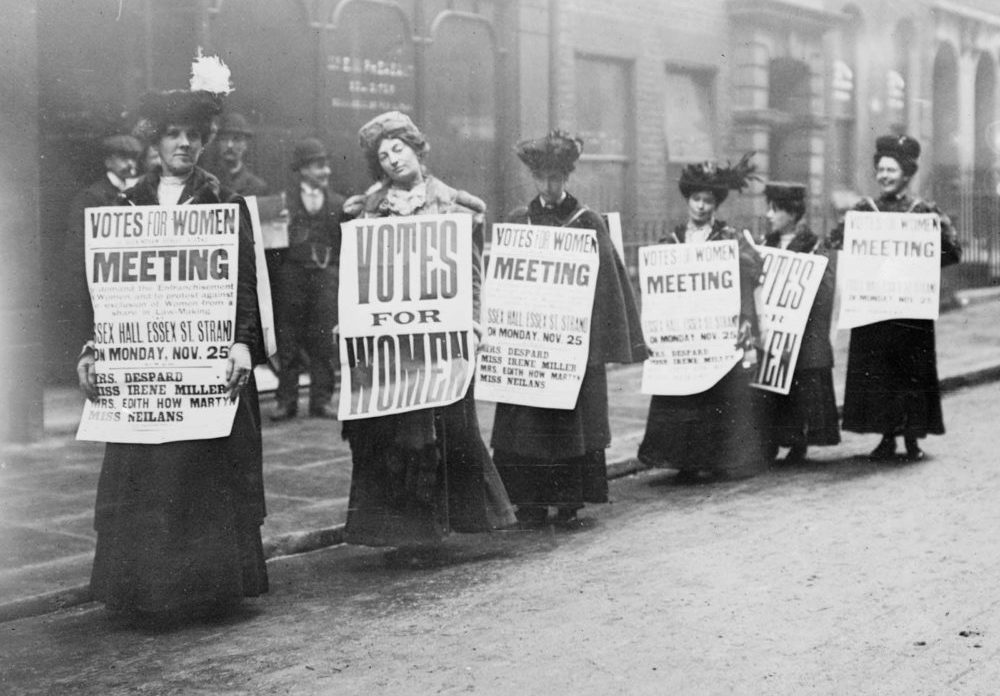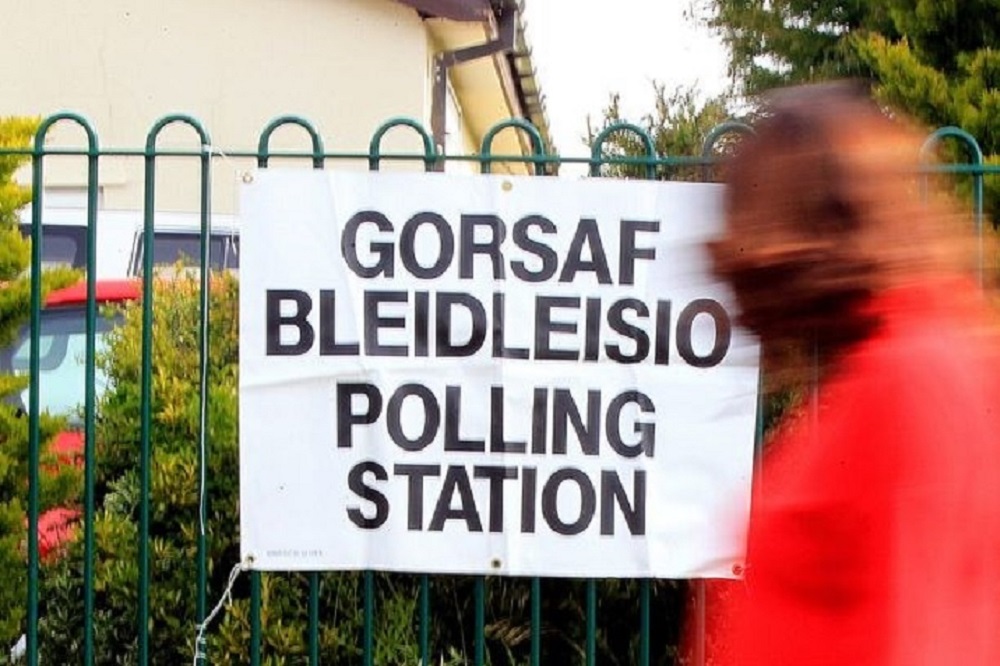Suffragette great-granddaughter: We want to galvanise women to get out and vote

Toxicity and negativity are creating a backwards step in gender equality, campaigner Professor Helen Pankhurst has said, as she urged employers to be flexible so women can get out and vote on July 4.
The great-granddaughter of suffragette Emmeline Pankhurst said that women should be at the centre of policymaking rather than “on the margins”.
Prof Pankhurst, through her Centenary Action organisation, said she is calling on businesses to sign up to their “Promise”, which urges them to encourage staff to register to vote and make it easy for them to vote through flexible working.
Intentions
A small snapshot poll by the organisation this month of 500 women across the UK suggested about three quarters (76%) are planning to vote.
A fifth (21%) said they think political parties only think about women’s issues for tactical gain, while almost three in 10 (28%) said they do not think political parties think about the female vote.
Prof Pankhurst said: “Apathy, toxicity and negativity is creating a backwards step in gender equality. We want to galvanise women to get out and vote, be at the heart of decision-making and create a more equitable playing field.
“And we want to call business to facilitate this too, which is why we are asking them to sign up to The Promise, to encourage staff to register to vote and make it easier to vote on the day through flexible working.
“Women, 51% of the population, need to be seen by politicians of all parties as important stakeholders, because we need to be in the centre and not on the margins of policymaking.”
Centenary Action was established by Prof Pankhurst in 2018 to mark the centenary of some women getting the right to vote.
It aims to take action over the next decade to deliver a gender-equal UK parliament by 2028.
One week left to register to vote
Anyone wanting to vote in the general election on 4 July, must be registered to vote before the deadline on midnight 18 June.

Voters can apply online at gov.uk/register-to-vote. It takes just five minutes.
Voters have a range of options – they can vote in person, by post or by appointing someone they trust to vote in their place, known as a proxy vote. The deadline to apply for a postal vote is 5pm on 19 June. The deadline to apply for a proxy vote is a week later, 5pm on 26 June.
For the first time at a UK general election, voters will need to show photo ID at a polling station. To find out which ID you can use in the polling station, visit the Electoral Commission website.
If you do not have one of the accepted types of ID, you can apply for free ID at Applying for a Voter Authority Certificate | Electoral Commission or by completing and submitting a paper form to your local authority. You must apply by 5pm on 26 June, to be able to use the Voter Authority Certificate on 4 July.
Craig Westwood, Director of Communications at the Electoral Commission, said: “It is important that people check they’re election ready ahead of upcoming deadlines. All voters must be registered, and some may need to apply for a postal or proxy vote or free ID. Registering to vote is quick and easy, and can be done online.
“Voters will need to show photo ID at polling stations for this general election. Anyone who does not have one of the accepted forms of photo ID can apply for free ID online or by completing a paper form and submitting it to their local council.”
Information about the new requirement and all your voting options can be found on the Electoral Commission’s website.
Support our Nation today
For the price of a cup of coffee a month you can help us create an independent, not-for-profit, national news service for the people of Wales, by the people of Wales.







